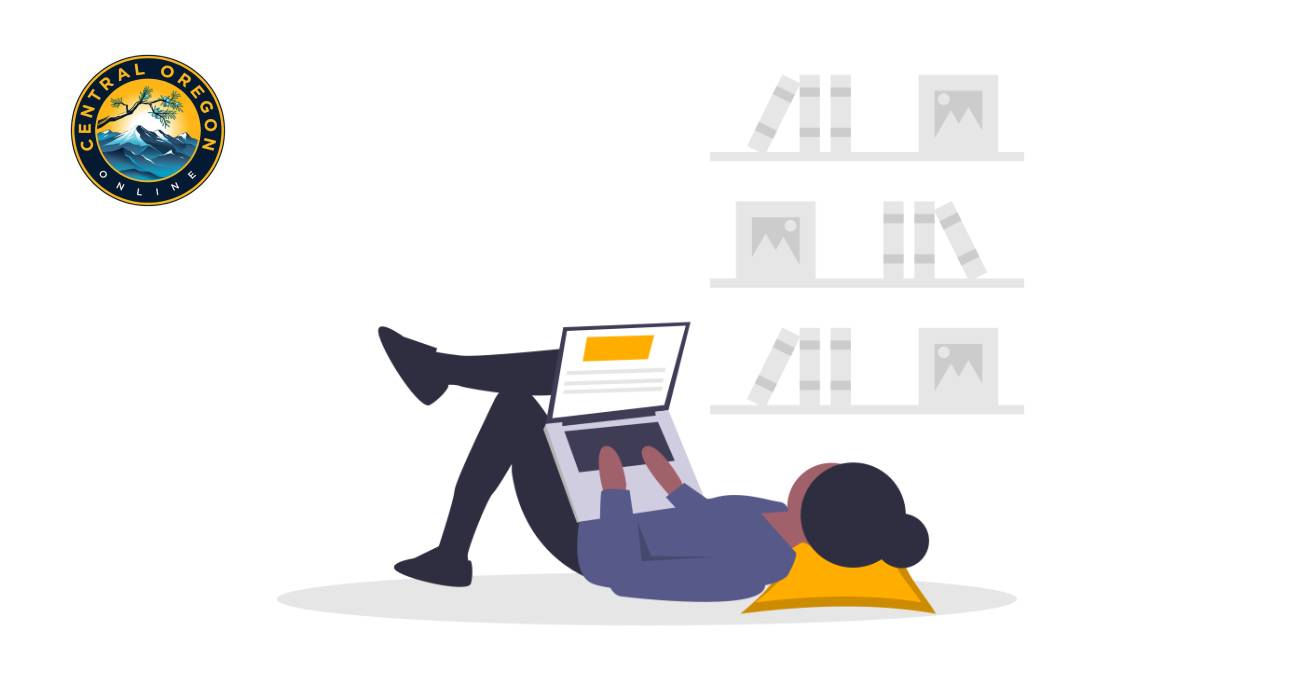
There is no doubt that internet service Bend Oregon serves as the lifeblood of most businesses. Your company needs internet connectivity that’s fast and reliable at a price you can surely afford.
Fortunately, several options are available to choose from, consisting of cable, fiber, DSL, and satellite Internet. However, which of these types of internet connection provides you the best value? With this article, we will examine each type of internet connection and help you determine which is most appropriate for your location, money, and online practices.
Types of internet connection
DSL
DSL is an affordable broadband connection, with a high-speed fixed-line passing throughout copper telephone lines. Its 2-way technology lets the connection supply you with broadband Internet with no disturbance from your phone company.
Your office facilities connect to the service through a DSL modem, which links the work equipment through wireless or wired local area networks (LAN).
DSL is ideal for your company if you will be conducting lightweight to medium web searching, cloud backups, and data sharing. This connection can also sustain video conferencing and audio streaming and provides fast download speeds.
Fiber internet
Fiber internet is a one-of-a-kind type of connection that uses fiber-optic cables featuring glass or plastic fibers. Rather than using electric power to transmit data, these fragile fibers use light vibrations to transfer relevant information, data, and big files.
This ultra-fast broadband internet provides an additional benefit: balanced download and upload speeds. Usually, upload speeds are considerably weaker, as most individuals use more bandwidth to download data to their gadgets. However, with fiber internet, upload speeds are almost always comparable, making it a superb option for any heavy activities on your devices, like video conference or making TikTok videos.
The major drawback: Fiber internet is currently not readily available because of the expensive nature of constructing the facilities. If you’re fortunate enough to have it in your region, it’s strongly worth the try, specifically because plan fees have been gradually plummeting as more ISPs build out their fiber systems.
Satellite internet
Satellite Internet transmits and receives signals through a dish placed at your home, pinging satellites that orbit the Earth’s rotation. The main benefit of the satellite internet is its versatility. As it does not necessitate cables to operate, satellite Internet can be accessed by clients residing in rural areas where the facilities for cable, DSL, or fiber connectivity are unavailable.
The satellite supplies the slowest speed, particularly latency; the impediment is between signal pings and receiving a response. This is logical because you send data to space and return it, but it is a challenge to many endeavors that demand faster speeds for optimum efficiency. It is also extremely sensitive to climate, solar eruptions, and other natural phenomena; even a bunch of rough trees can impede your signal. Satellite Internet is also quite expensive, given the best service you would get with cable or DSL plans for the same plan prices.
Cable broadband
Cable internet Bend Oregon is available at your cable service provider. Cable broadband makes use of the coaxial cable lines that are installed in almost all businesses.
With a basic cable modem setup, the similar lines transmit audio and video to your TV set will supply internet connection to your computers.
Cable broadband is significantly faster than DSL and provides speeds starting with 10 Mbps to 1 Gbps.
This speed is specifically useful to organizations that usually have video conferencing, especially now that most office work is done at home.
Source of content: https://centraloregon.online/4-kinds-of-internet-service-bend-oregon/
No comments:
Post a Comment